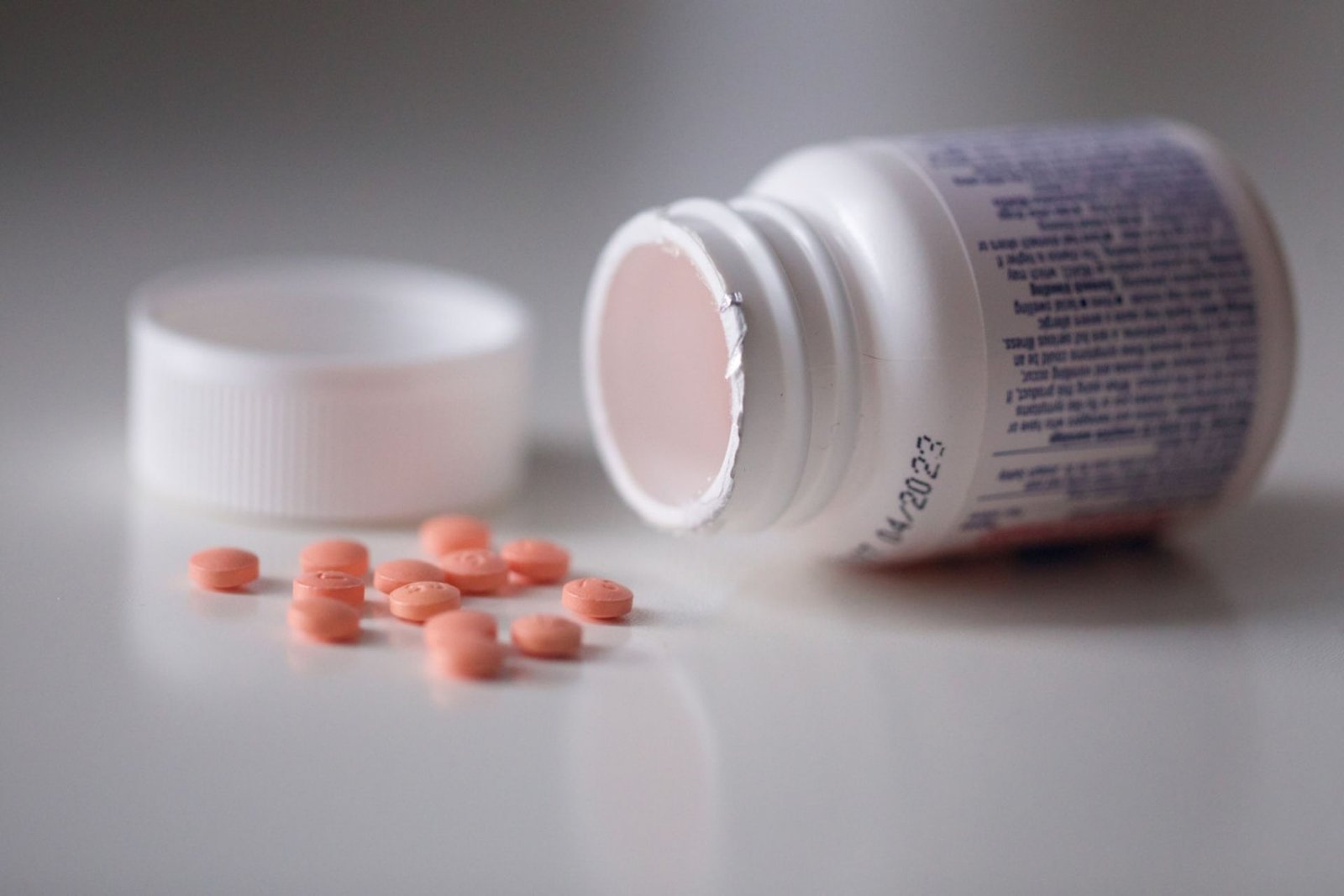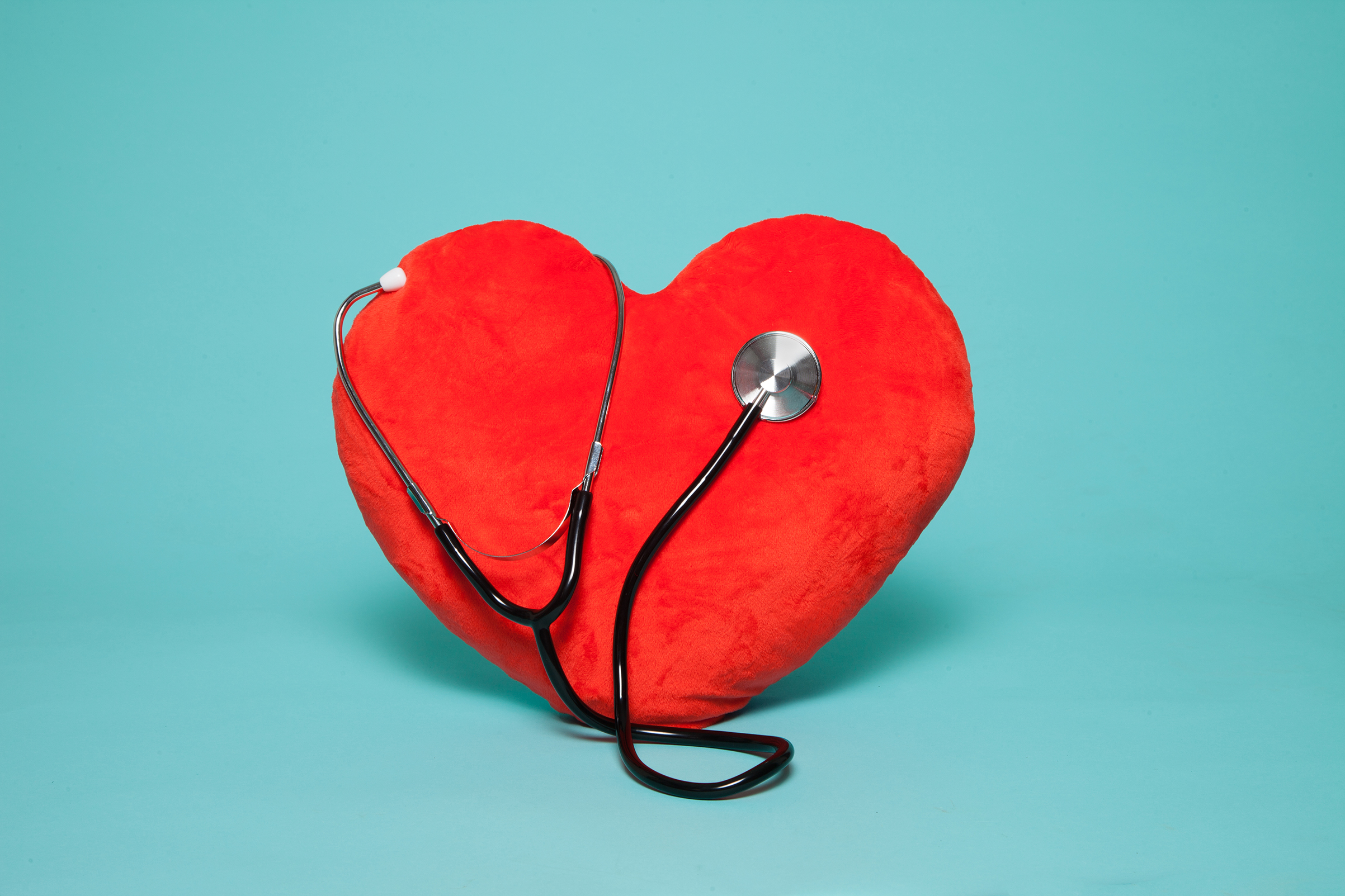The Recommendation For Taking Aspirin To Prevent Heart Attacks Has Changed.

An influential health guidelines group said in preliminary updated advice released Tuesday that older adults without heart disease should not take daily low-dose aspirin to prevent a first heart attack or stroke.
The risks of bleeding for adults in their 60s and older who haven’t had a heart attack or stroke outweigh any potential benefits from aspirin, according to the US Preventive Services Task Force’s draught guidance.For the first time, the panel stated that there may be a minor benefit for adults in their 40s who are not at risk of bleeding. The panel softened its recommendation for those in their 50s, stating that evidence of benefit is less clear. The guidelines are intended for people who have high blood pressure, high cholesterol, obesity, or other conditions that increase their risk of having a heart attack or stroke.
Adults of any age should consult with their doctors before discontinuing or starting aspirin to ensure that it is the best option for them, according to task force member Dr. John Wong, a primary-care expert at Tufts Medical Center.”Aspirin use can have serious consequences, and the risk increases with age,” he said.If finalised, the advice for older adults would contradict the panel’s 2016 recommendations for preventing a first heart attack and stroke, but it would be consistent with more recent guidelines from other medical groups.

The task force previously stated that certain people in their 50s and 60s may want to consider taking aspirin daily to prevent a first heart attack and stroke, as well as to protect against colorectal cancer. According to the updated guidelines, more evidence of any benefit for colorectal cancer is required.For many patients who have already had a heart attack or stroke, doctors have long recommended daily low-dose aspirin. That advice is not altered by the task force’s recommendations.
The guidance was made available online for public comment until November 8th. The group will consider that feedback before making a final decision.The independent panel of disease-prevention experts examines medical research and literature and provides periodic recommendations on ways to keep Americans healthy. Wong explained that the updated advice was prompted by newer studies and a re-analysis of older research.Aspirin is best known as a pain reliever, but it is also a blood thinner that can lower the likelihood of blood clots. However, even at low doses, aspirin has risks, the most serious of which are digestive tract bleeding or ulcers, both of which can be fatal.Dr. Lauren Block, an internist-researcher at Feinstein Institutes for Medical Research in Manhasset, New York, said the advice is critical because so many adults take aspirin despite never having had a heart attack or stroke.Because of the potential risks, Block, who is not on the task force, recently switched one of her patients from aspirin to a cholesterol-lowering statin drug.
Richard Schrafel, 70, has high blood pressure and is aware of his risk of having a heart attack. Schrafel, the president of a paperboard distribution company, claims he has never experienced any adverse effects from aspirin, but he is taking the new advice seriously.Rita Seefeldt, 63, also has high blood pressure and took aspirin daily for about a decade before her doctor told her to stop two years ago.”He said they changed their minds on that,” recalled the retired Milwaukee elementary school teacher. She stated that she understands how science evolves.Wong acknowledged that the backtracking may frustrate some patients and leave them wondering why scientists can’t make up their minds.

“It’s a reasonable question,” he replied. “What’s crucial to understand is that evidence evolves over time.”The Howard Hughes Medical Institute’s Department of Science Education provides funding to the Associated Press Health and Science Department. All content is solely the responsibility of the AP.
________
Aspirin | Don’t forget to follow us on Twitter @njtimesofficial. To get the latest updates





